Issues
Business Partnerships Under Attack
Overview
Partnerships, the backbone of the U.S. economy, are facing unprecedented challenges from proposed tax changes by politicians and regulators. These changes, driven by the desire to increase taxes on individuals and businesses, pose a significant threat to the economic landscape and the millions of Americans employed by partnerships.
Recent Developments
In recent years, lawmakers and regulators, spurred by proposals like Senator Ron Wyden's 2021 initiative, have suggested sweeping alterations to how business partnerships are taxed. These proposals not only impose new and costly rules but also undermine investment and productive economic activity. With partnerships representing $36 trillion in assets, nearly half of the U.S. capital stock, the repercussions of these changes would be far-reaching.
Now, with the infusion of $83 billion in additional funding from the Inflation Reduction Act, the IRS has undertaken an unprecedented ramp-up of audits and enforcement activities, including a high profile campaign to target American partnerships. Last year they announced the hiring of more than 3,700 new agents and to broaden the reach to main street and individuals through the Small Business/Self Employed unit within the Agency.
Impact
Disproportionate Burden on Small Partnerships
The proposed changes threaten the vitality of small partnerships, including family farms, local restaurants, and small retailers. With limited assets and resources, these businesses would bear the brunt of the burden. Individuals and businesses engaged in small partnerships lack the means to navigate the added complexity, thereby jeopardizing millions of jobs.
Threat to Family Farms and Businesses
Nearly three-quarters of partnerships have assets under $1 million, making them vulnerable to the proposed changes. Subchapter K modifications directly affect those making under $400,000, contradicting President Biden's pledge not to raise taxes on individuals below this income threshold. The IRS's new AI-driven initiative to audit large partnerships indicates that the proposed changes primarily target smaller entities.
Who Would Be Hurt
The adverse effects of targeting partnerships extend to various groups, including:
-
Threatening the existence of family agricultural businesses.
-
Impacting businesses with equipment and property, particularly those with low liquidity.
-
Posing a risk to the U.S. manufacturing sector.
-
Endangering jobs, with large partnerships alone employing over 12% of the U.S. workforce.
-
Creating unnecessary uncertainty and complexity for all taxpayers.
Bottom Line:
If enacted, the proposed changes would wreak havoc on the U.S. economy by upending longstanding tax laws, causing needless uncertainty, and negatively impacting millions of Americans. The Alliance for Business Partnerships is committed to opposing these detrimental changes and advocating for the preservation of partnerships for the prosperity of all.
